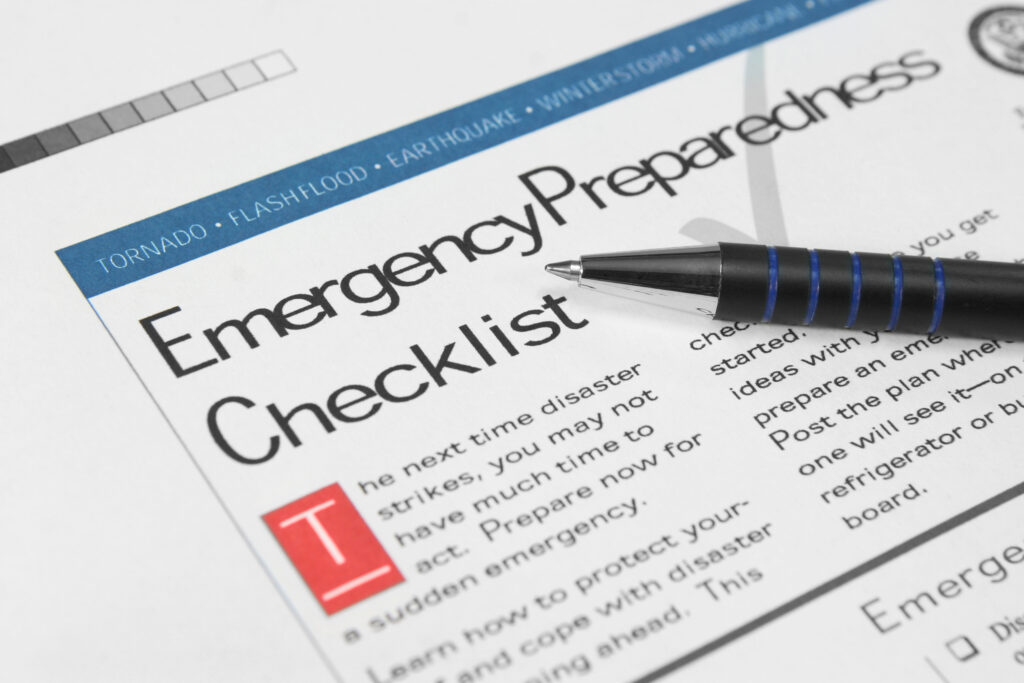
Disposing of Abandoned Controlled Substance Prescriptions Properly
Long-term care facilities often manage and distribute medications that fall under the classification of “Schedule II” controlled substances. Some of those medications include hydromorphone, oxycodone, methadone, meperidine, opium, codeine, morphine …

Planning For And Managing Medication Shortages
Hospitals, long-term care facilities and even average consumers are dealing with medication shortages that some experts are calling a health care “crisis.” What has been described as a classic “supply …

Managing and Combating The Rising Cost of Long-Term Care
The cost of long-term care is, and has been, on the rise. As an aging Baby Boomer population increasingly needs additional care, and long-term care facilities struggle with staffing shortages, …

Preventive Care Saves Costs In A Cost-Conscious Environment
The long-term care environment can be diverse as it relates to the needs of the residents, depending on the population served. While some facilities may prioritize behavioral health treatment out …

Cost-Saving Solutions For Long-Term Care Facilities
As demand for long-term care facilities has grown in recent years, and is expected to increase in the coming years as Baby Boomers age, the capacity of long-term care facilities …

The Rise Of Oral Chemotherapy Repositories
It should come as no surprise to anyone working in a long-term care facility, or the long-term care industry as a whole, that prescription medications frequently go unused. A recent …

Why Emergency Preparedness Plans for Pharmaceuticals Are Critical
Spring, while celebrated as a season of growth and renewal, is also a potentially treacherous season for violent weather. From severe thunderstorms that knock out power to late-season snow and …

Prior Authorization Reform Is A Welcome Concept for Long-Term Care
Filling prescription medications for patients in long-term care environments, particularly for elderly or complex patient populations, can be challenging not only because of the complexity of diagnoses but because of …

Expiring Federal Policies That Could Impact Healthcare Access
The healthcare industry as a whole has experienced a series of significant changes since the outbreak of the COVID-19 pandemic. Regulatory adjustments made in response to the pandemic altered healthcare …

Audit of Psychotropic Use in Nursing Homes Acts as Additional Patient Safety Support
Polypharmacy, the simultaneous use of multiple medications at once, is a reality of our era. Statistics indicate that more than 40% of older adults take at least five prescription medications, …